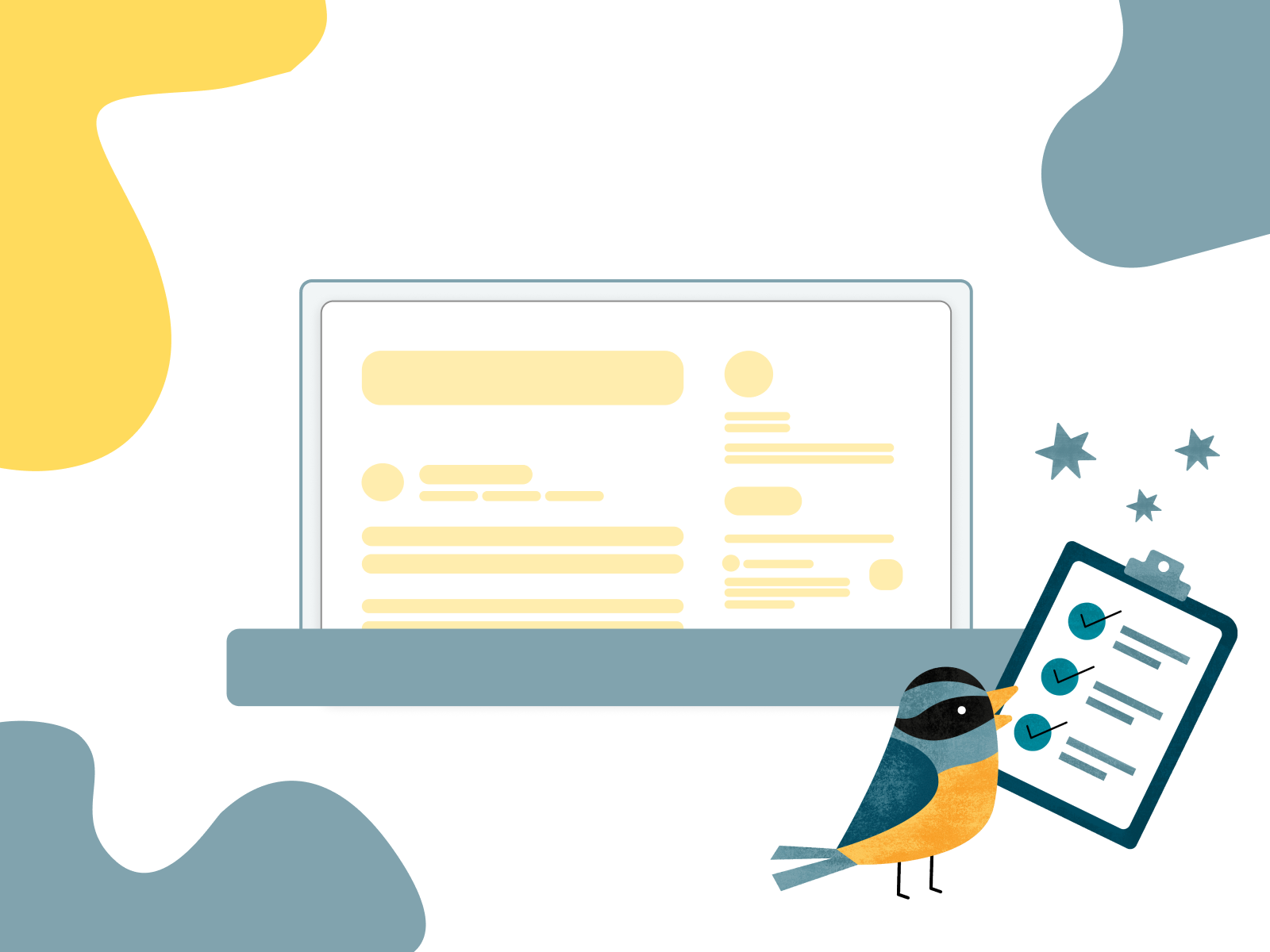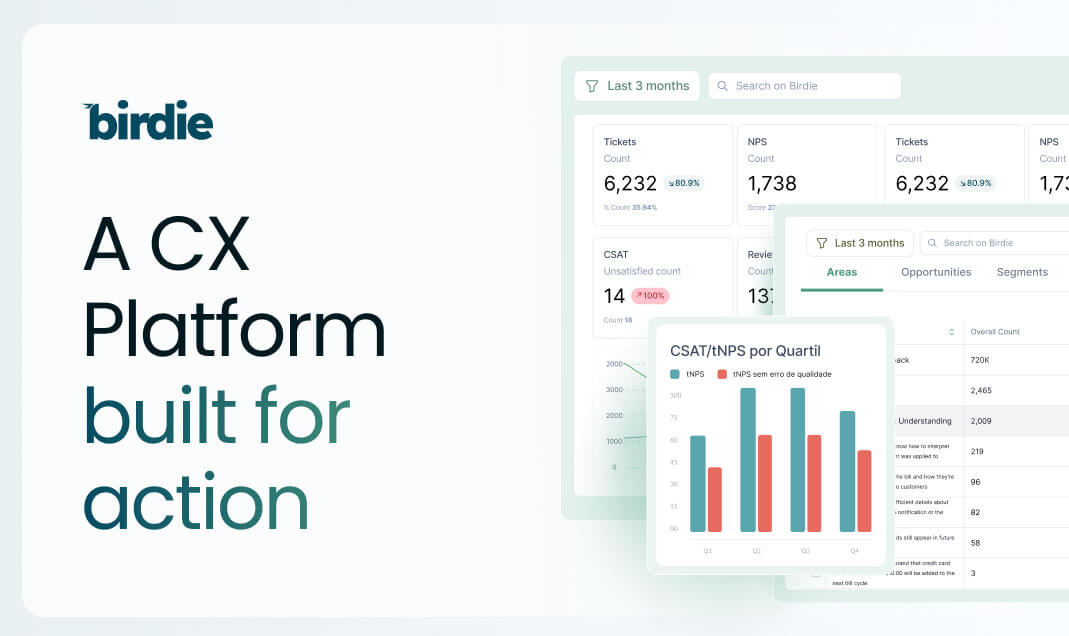
The Internet of Things (IoT) is a collection of interconnected devices capable of gathering and transferring data about their usage and surroundings. In addition, IoT has evolved to encompass multiple other technologies, like artificial intelligence, machine learning, sensors, and embedded systems.
The pandemic impacted the need for connectivity and made it possible for thousands of consumers to start experiencing IoT in daily life. According to one industry report, the enterprise IoT market grew "22.4% to $157.9 billion in 2021, North America was the fastest-growing region in the same period (+24.1%), and process manufacturing was the fastest-growing segment (+25%)." According to the Global IoT Enterprise Spending Dashboard, spending on software and hardware related to IoT is projected to multiply, arriving at the US $1.1 trillion in 2023.
Methodology for Birdie's annual Internet of Things (IoT) report
Birdie's IoT Report analyzed consumer reviews to discern connected business and home users' performance issues regarding app connectivity, reliability, and access. To understand the performance of Apps designed to manage appliances, payments, and documents, Birdie's proprietary platform crawled and analyzed +259K US user reviews from five sources, including Apple Store and Google Play, in the years 2020 and 2021.
In putting this Birdie IoT Report, examples of Connected Home Apps included Google Nest, Philips Hue, LG ThinQ, and Panasonic Comfort Cloud. While examples of Connected Business Apps included DocuSign, Dropbox, and branded apps from companies like Epson and HP.
To quantify the findings, Birdie leveraged its proprietary Artificial Intelligence technology to discover the most mentioned topics in Apps and products reviews using NLP-Sentiment Analysis to quantify each topic's share of positive and negative feedback. This positive and negative feedback ratio is the basis for the Birdie Score, also called bscore.
Additionally, the Birdie IoT Report looked at App Access, App Connectivity and App Reliability. Below are the main findings for each section:
App Access
- Connected Home users struggle more than Connected Business users, but the topic proportion is similar:
- From download to synchronization, passing through installation, registration, and activation, Connected Home App users report a hard time, resulting in a negative net sentiment (-41 bscore).
- Connected Business App users feel more comfortable about Security, presenting a positive bscore (19).
App Connectivity
- One out of five Connected Home App users negatively reviewed their apps connectivity with a bscore of -52. This negative evaluation has a -40% impact on the overall performance of this kind of Connected Home App.
- The share of Connected Business App reviews is lower (10%), but still an important issue. It is a basic unmet expectation from users, as most mentions are negative (-25 bscore).
App Reliability
- Connected Home and Business users report failures, crashes, delays, and unhelpful updates.
- Connected Home App users are far more unsatisfied than Connected Business App users. Reliability scores -49 in the first group and -2 in the second.
- Responsiveness and Updates perform well in Connected Business Apps (+51 bscore), while in Connected Home Apps the bscore is critical (-72).
What do we learn from the Internet of Things Report?
"Birdie's first IoT Report brought an important lesson: companies are investing in new features for their IoT devices and apps, but are forgetting to deliver the basics, such as connectivity and performance. This is a consequence of not listening to the voice of their customers: companies invest millions in things that don't deliver value nor increase satisfaction. Tracking consumer opinion in real-time is an opportunity for companies to innovate with more efficiency, focusing on product improvements that allow them to get ahead of competitors," said Pat Osorio, Birdie CRO and Co-Founder.

Birdie Internet of Things Report was featured on the Exame portal, a renowned press outlet in Brazil. To get the full report content, download it for free here: https://birdie.ai/lp-iot-report-2022/.








